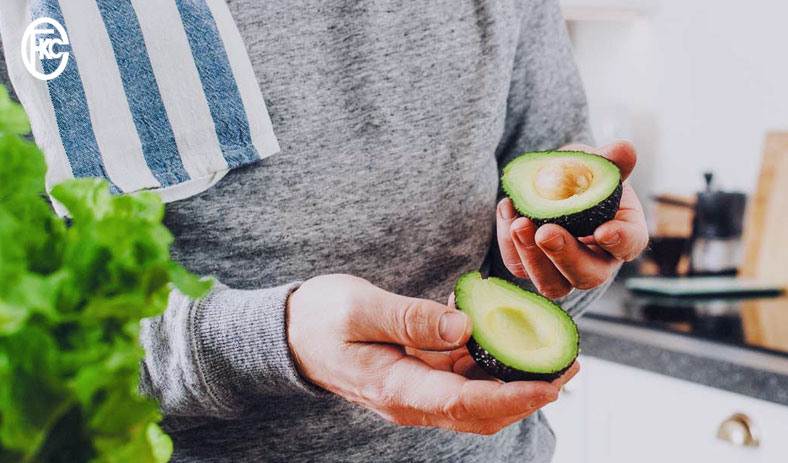
Chronic kidney disease: these eight dietary recommendations to help you control your condition
Almost 1 in 7 Americans have chronic kidney disease (CKD) - an estimated 37 million Americans. However, most persons with CKD do not learn they have the disease until it has advanced sufficiently. You should take care of your kidneys even if you haven't been diagnosed with CKD yet because failing them can lead to a buildup of waste in the body and a host of complications, such as gout, bone disease, and cardiovascular disease.
Maintaining healthy kidneys through nutrition is crucial in the fight against or control of chronic renal illness. What you eat can have a direct impact on your kidney health, and here are the details:
1. Dietary Factors That May Influence Kidney Function
The kidneys are covered in tiny blood vessels that filter the blood passing through them, helping to get rid of toxins and excess water. Damaged kidneys are less able to remove waste products from the blood, leading to a buildup of those toxins in the body of a person with chronic kidney disease (CKD).
2. Healthy Eating Habits That Benefit the Kidneys
A Professional from Florida dialysis center recommends focusing on items like fruits, vegetables, whole grains, low-fat dairy products, and lean meats as part of a kidney-friendly diet that also limits sodium, cholesterol, and fat. She continues by saying that some people with a CKD diagnosis may also need to limit their intake of other minerals.
3. Cut up your servings
Expert recommends that people always eat in accordance with the medical guidelines: Vegetables and fruits should make up about half of your meal, lean protein about a quarter, and whole grains the remaining quarter.
4. Reduce your salt intake
It's crucial to check nutrition labels since salt can sneak up on you in unexpected places, especially in prepared foods like soups and breads. To maintain a healthy blood pressure level, it is recommended to limit the quantity of sodium consumed daily.
5. When preparing protein, be careful
Your kidneys are responsible for flushing out the waste products created by eating protein. While protein is crucial to a healthy diet, eating more of it than is recommended might stress the kidneys.
6. It is best to consume complex carbohydrates rather than simple ones
Carbs are your body's primary source of fuel, and the carbohydrates found in whole, natural foods are very high in the dietary fiber that has been shown to promote a healthy cardiovascular system, regular bowel movements, and stable blood sugar levels.
7. Get rid of Trans fats and retain saturated fats to a minimum
An increased risk of cardiovascular disease is linked to diets high in saturated and trans fats, and what's bad for the heart is bad for the kidneys, too. There is a relationship between the health of the heart and the health of the kidneys due to the fact that both organs are always at work: the heart pumps blood throughout the body, and the kidneys filter the blood to eliminate waste products and excess fluid.
8. Limit your alcohol intake responsibly
Medical practitioner of kidney hospital in Florida claims that alcoholic beverages can cause several different kinds of renal injury. As a by-product of normal kidney function, this waste product must be removed from the blood by the kidneys, which in turn leads to impaired renal function. It has a drying effect and may impair the kidneys' ability to regulate water balance. In the long run, this can cause chronic kidney disease by disturbing liver function, which in turn can affect blood flow to the kidneys (CKD).
However, if you have chronic kidney disease (CKD), these minerals can build up in your blood, causing a host of complications. A lack of phosphorus can lead to brittle bones that are more likely to break, itchy skin, pain in the bones and joints, and even a loss of calcium from the bones themselves. The levels of potassium and phosphorus in your blood will be evaluated by your doctor.